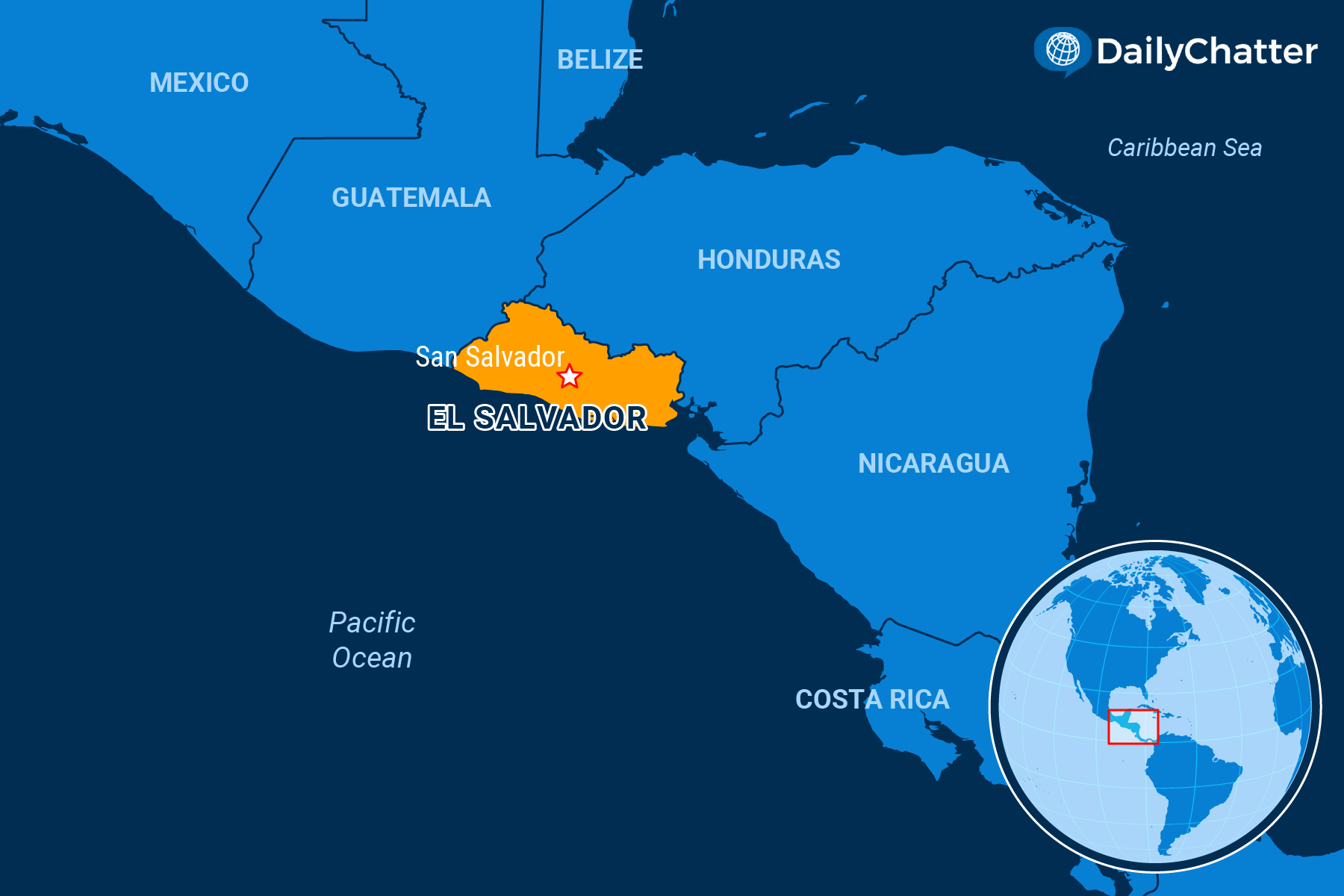
The World Today for August 18, 2021
NEED TO KNOW
EL SALVADOR

The Crypto Fiat
Bitcoin has fascinated and frightened investors who love to watch its value rise (one bitcoin is worth more than $45,000 now) as well as skeptics who keep reminding cryptocurrency advocates that their beloved virtual money is exceptionally risky because it lacks state backing.
Now, however, El Salvador is adopting bitcoin as legal tender, Reuters reported. President Nayib Bukele, elected in 2019 after his campaign used social media to connect with voters, hopes the move on Sept. 7 will improve the country’s economy. Since 2001, the US dollar has been used as legal tender in the Central American country. That won’t change. El Salvador has no domestic currency.
“It will bring financial inclusion, investment, tourism, innovation and economic development for our country,” Bukele tweeted.
Cryptocurrency enthusiasts applauded the idea.
The founder of payments platform Strike, Jack Mallers, told CNBC that bitcoin could serve as a reserve asset for developing economies seeking to weather foreign exchange rate fluctuations and avoid inflationary shocks associated with fiat, or government-backed, currency.
Mallers’ enthusiasm is not necessarily misplaced. Bank of America issued a report saying that bitcoin could significantly help remittances – payments that El Salvadorans living in the US send home. It could also facilitate digitization, or helping accelerate the adoption of the latest technology, and business operations like payments, banking and financial services, according to BeInCrypto via Yahoo! Finance.
Bitcoin cuts out the middleman in financial systems, explained an NBC News video. That could stoke innovation. Bukele has also floated the idea of building bitcoin “virtual mining facilities,” or servers, that would produce more of the currency. The country’s volcanoes would sustainably power the facilities, he argued.
The International Monetary Fund was more cautious, however. The US-based lender believes cryptocurrencies could harm “macroeconomic stability” and “financial integrity” through their links to criminals, the Financial Times reported. Countries around the world including the US and those part of the EU are currently mulling tighter regulations on the currency to stop ransomware criminals and stamp out money laundering.
Meanwhile, the IMF is now negotiating with El Salvador over a $1 billion loan, too, suggesting that Bukele might need to temper his enthusiasm for bitcoin.
Bitcoin is an example of a bold idea that is part of 40-year-old Bukele’s campaign to portray himself as a regional leader who is demonstrating how Central America’s poor, violence-prone countries might innovate their way to peace and prosperity, El Pais added.
Bitcoin or not, Bukele has undercut his reform image by aggressively prosecuting allegedly critical public officials from past administrations, the Associated Press wrote. And critics have accused him of taking over institutions and avoiding the investigation of corruption in his own administration.
Regardless, Bukele has plenty of domestic reforms to pursue to improve the lives of his people. Putting more money into their wallets – digital or otherwise – could be a nice start.
To read the full edition and support independent journalism, join our community of informed readers and subscribe today!
Not already a subscriber?
If you would like to receive DailyChatter directly to your inbox each morning, subscribe below with a free two-week trial.
Support journalism that’s independent, non-partisan, and fair.
If you are a student or faculty with a valid school email, you can sign up for a FREE student subscription or faculty subscription.
Questions? Write to us at [email protected].
